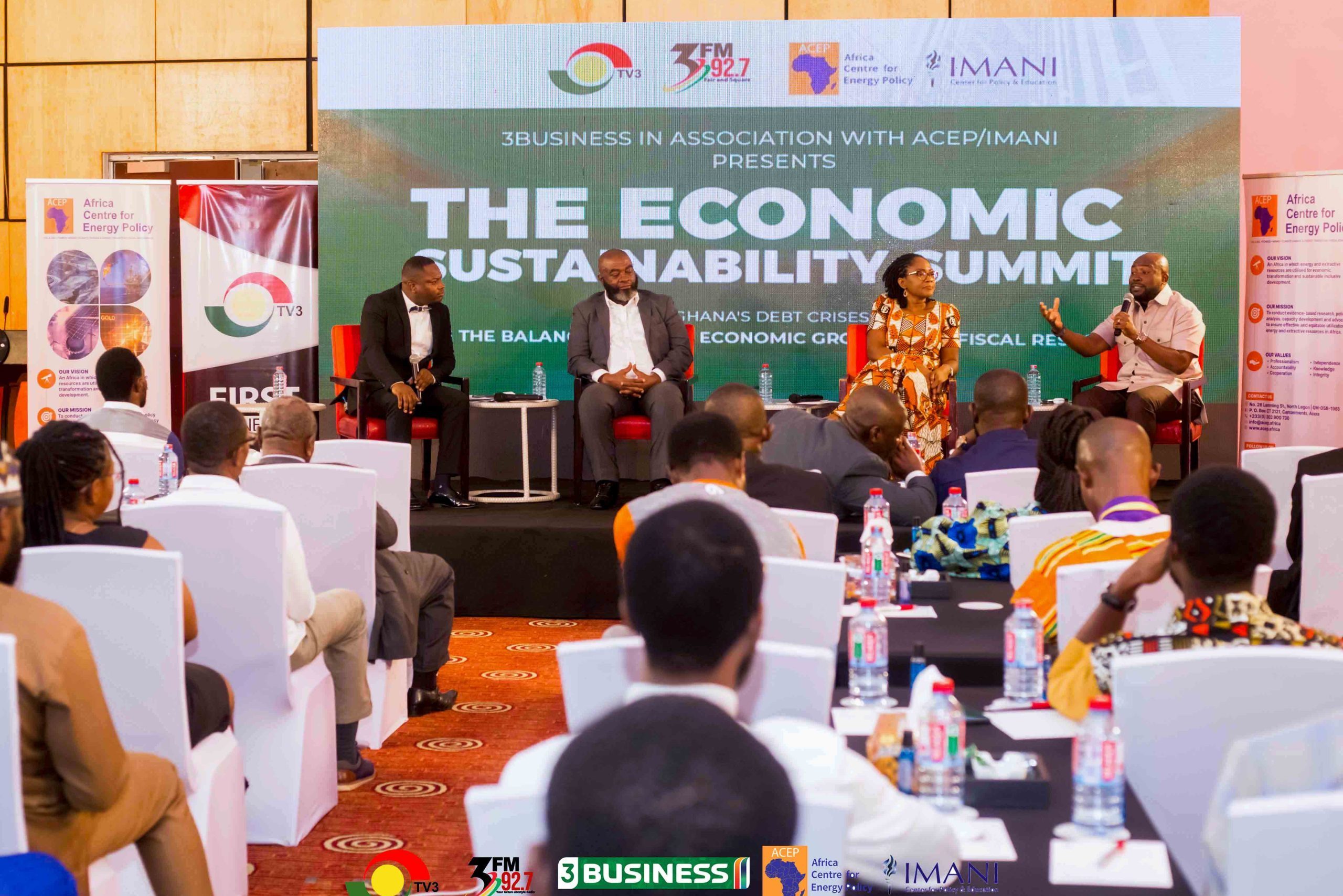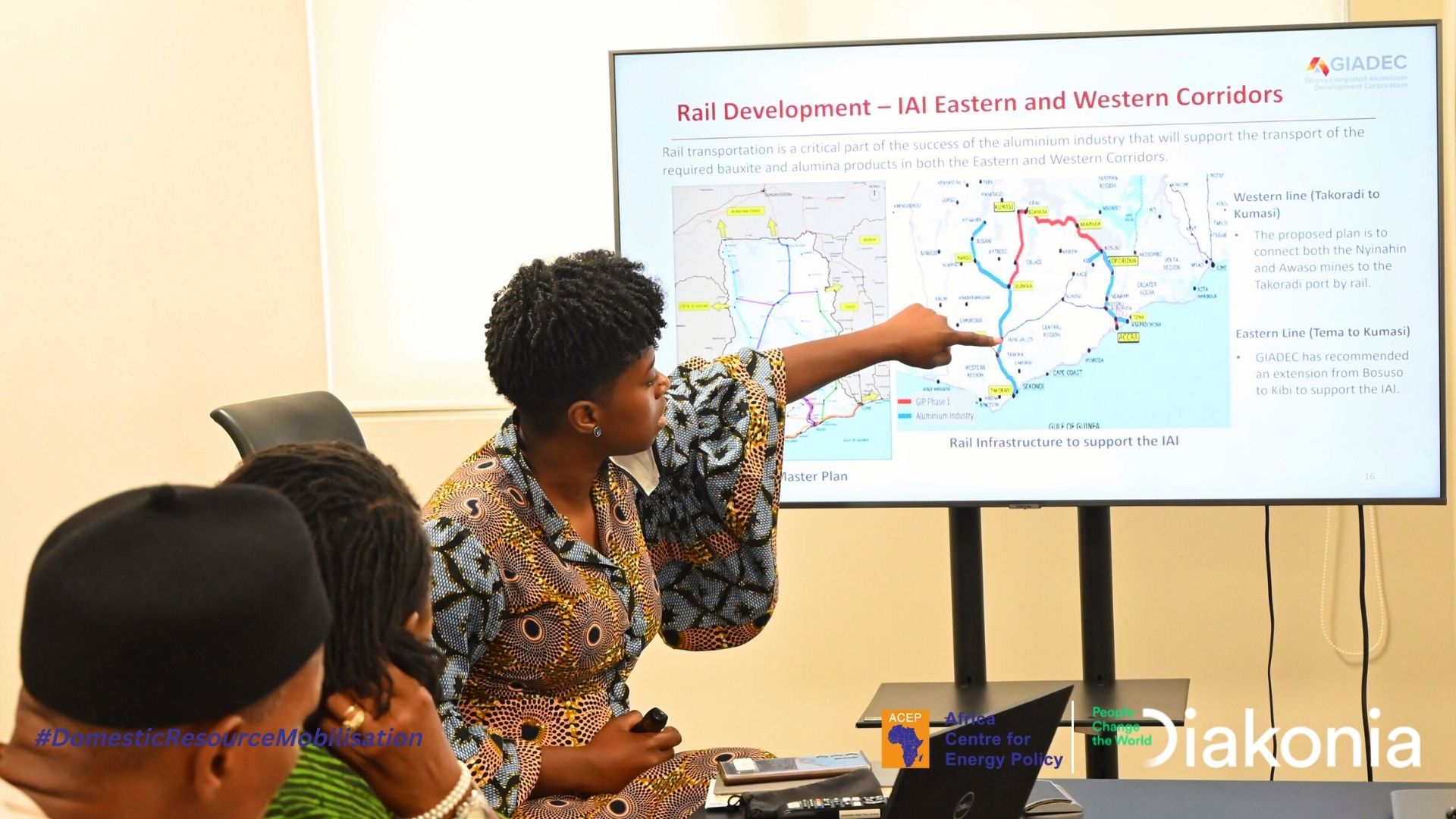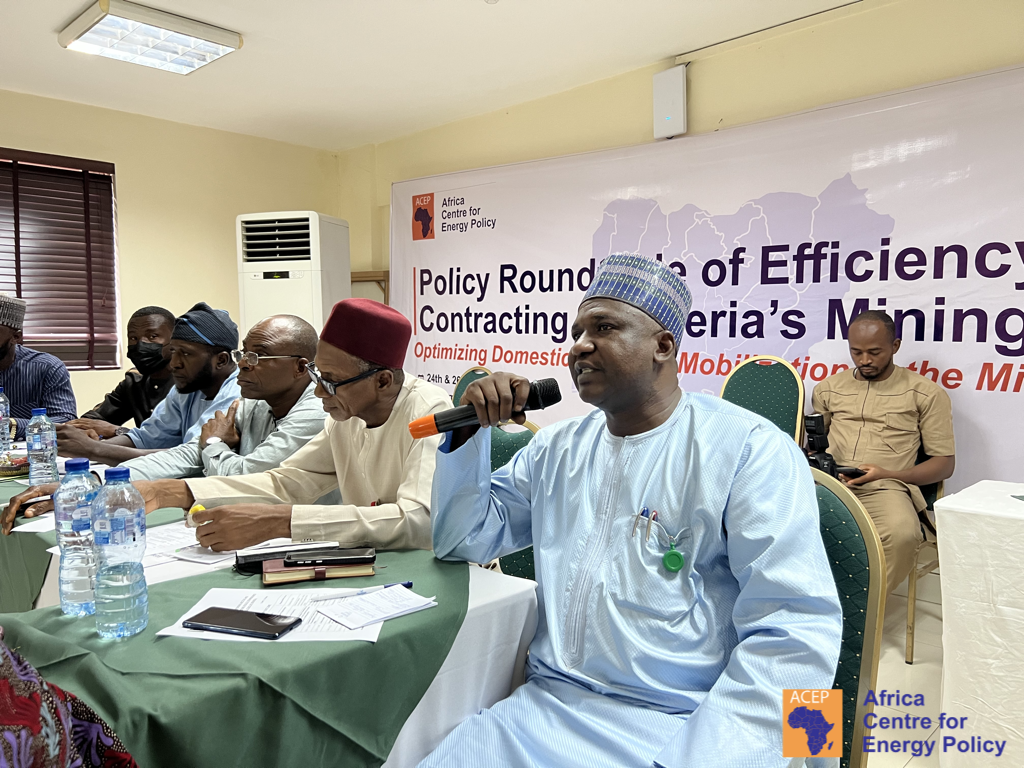
Introduction
The 2026 Budget and Economic Policy, presented to Parliament on November 13, 2025, outlines the government’s fiscal outlook and economic priorities for the coming year. While the budget affects all citizens, different stakeholder groups engage with it in distinct ways depending on their interests and mandates. For the Africa Centre for Energy Policy (ACEP), the budget serves as a key indicator of the government’s direction in the energy and extractive sectors, and how these sectors are being positioned to drive equitable and sustainable development.
This report reviews the major policies and interventions announced in the 2026 budget, assesses their implications, identifies potential risks, and proposes actionable recommendations. The analysis focuses specifically on the oil and gas sector, mining, and the power sector.
Oil and Gas
Petroleum Performance
Total petroleum production from January to September 2025 stood at 27.93 million barrels, compared to 32.9 million barrels over the same period in 2024. This represents a year-on-year decline of approximately 15% in production volumes. Correspondingly, total petroleum receipts for January to September 2025 amounted to US$600.8 million, a significant drop of 35.7% from the US$1.07 billion recorded in the same period last year.
If current production trends persist through December without significant increase in the Ghana Group’s liftings, petroleum revenues could underperform by roughly 20.8%, based on a straight-line projection. The government attributes the decline in production to natural field depletion and delays in new investments. While field depletion is an expected stage in the lifecycle of oil fields, delays in new investments are largely the outcome of policy, regulatory, and fiscal decisions that either encourage or deter investor participation.
The National Petroleum Revitalisation Strategy (NPRS), although referenced in the budget, has yet to be published for public review. As a strategy intended to reverse the country’s declining petroleum production, it must be grounded in lessons from past governance failures, including opaque licensing processes and poor oversight in the award of oil blocks. However, media reports on November 11, 2025, just two days before the budget presentation, indicated that the government had signed a petroleum agreement with Tristar Upstream Oil and Gas for exploration and production in Block 1 of the Western Basin.
Beyond the mention of the company’s name, publicly available information shows a questionable track record in upstream petroleum operations. This raises concerns about the level of parliamentary oversight and due diligence undertaken before the agreement was concluded. If this petroleum agreement reflects the approach proposed under the NPRS, the government risks repeating past mistakes, including the allocation of petroleum blocks to companies without the capacity or intention to make meaningful investments, ultimately contributing to stagnation in the sector.
If the government really wants to strengthen investor confidence, it will depend on how effectively policy bottlenecks are addressed, how competitive the fiscal regime becomes, and how swiftly ongoing field development plans are approved and executed. Without this, production decline will continue to weaken petroleum revenues, constrain the ABFA, and undermine the sustainability of the government’s infrastructure financing plans.












